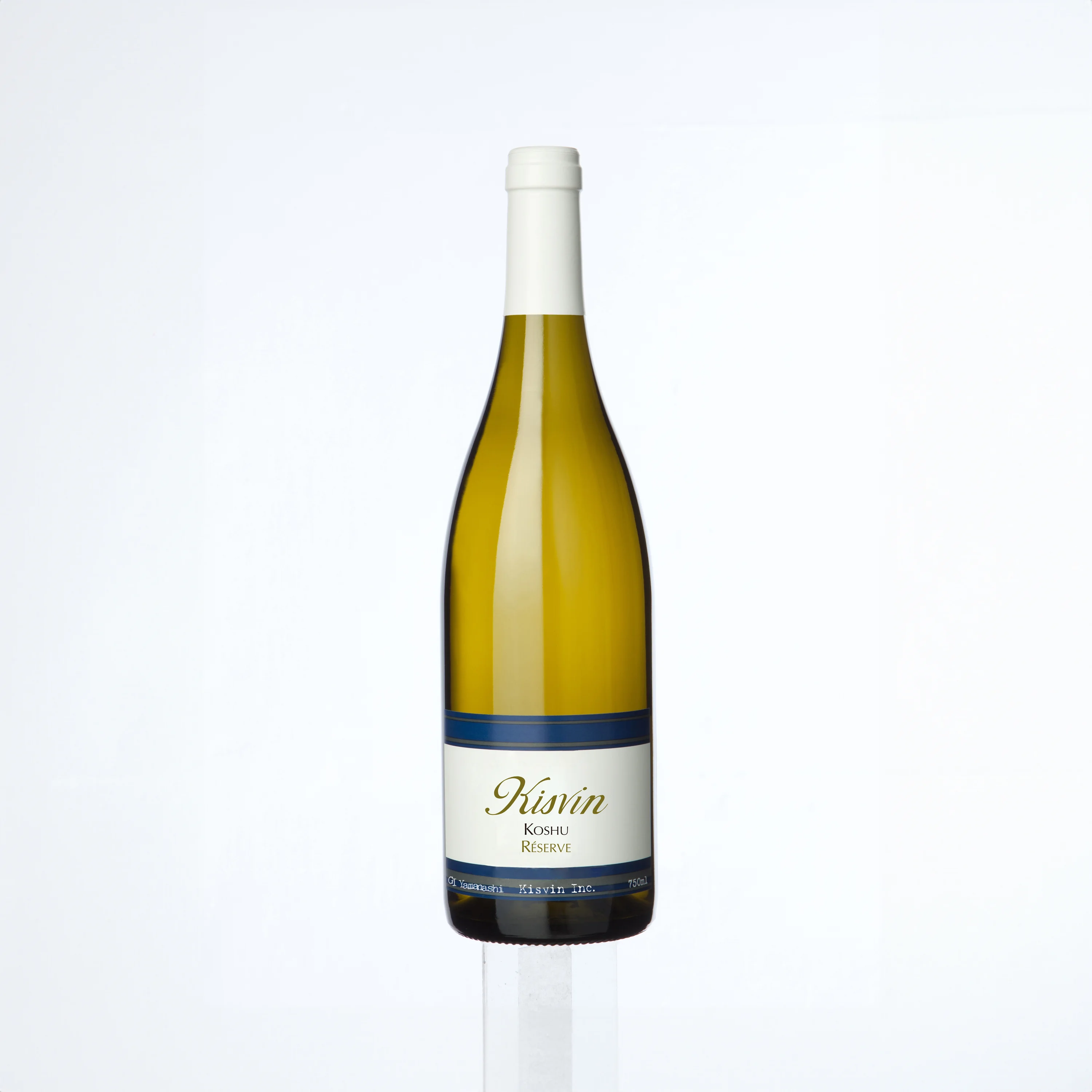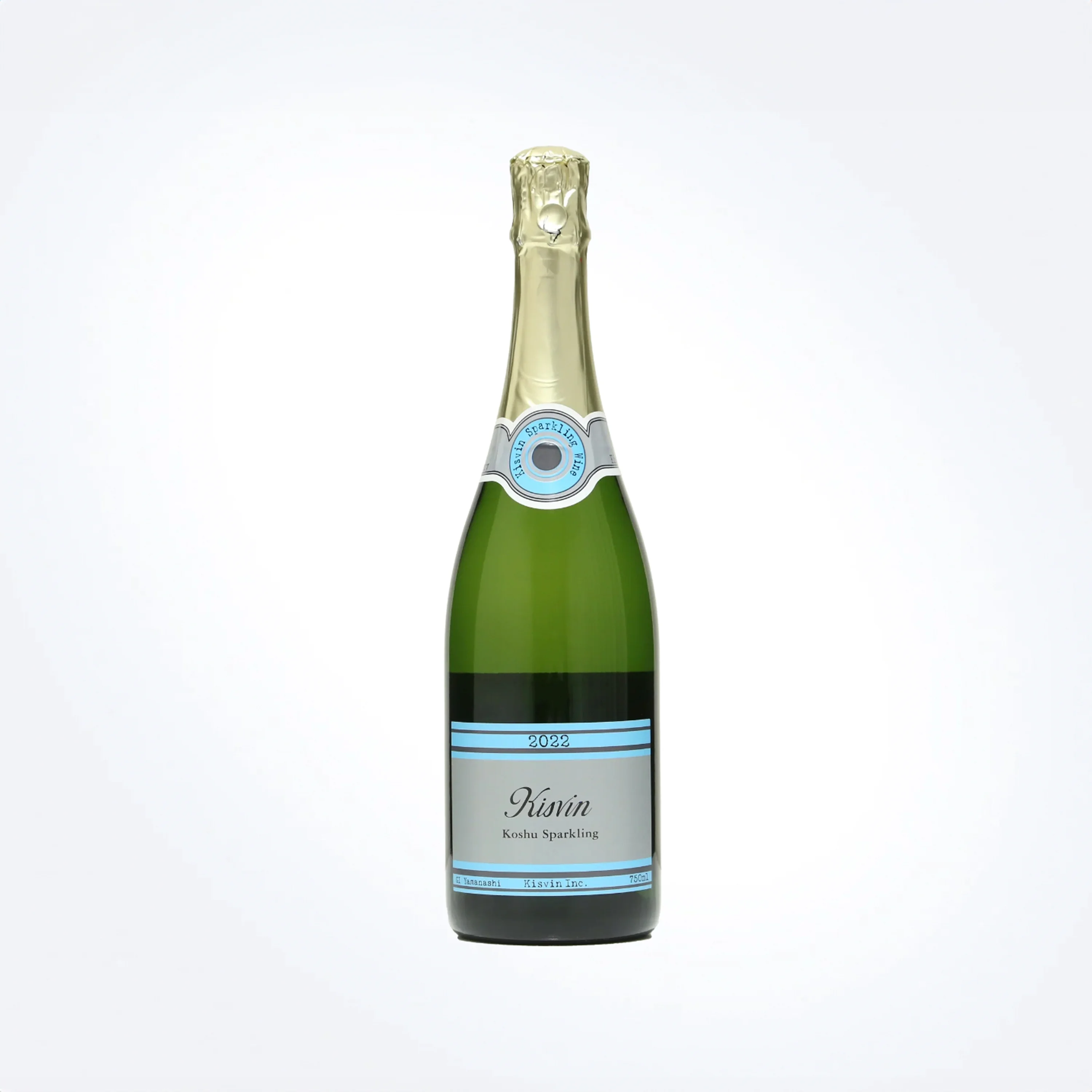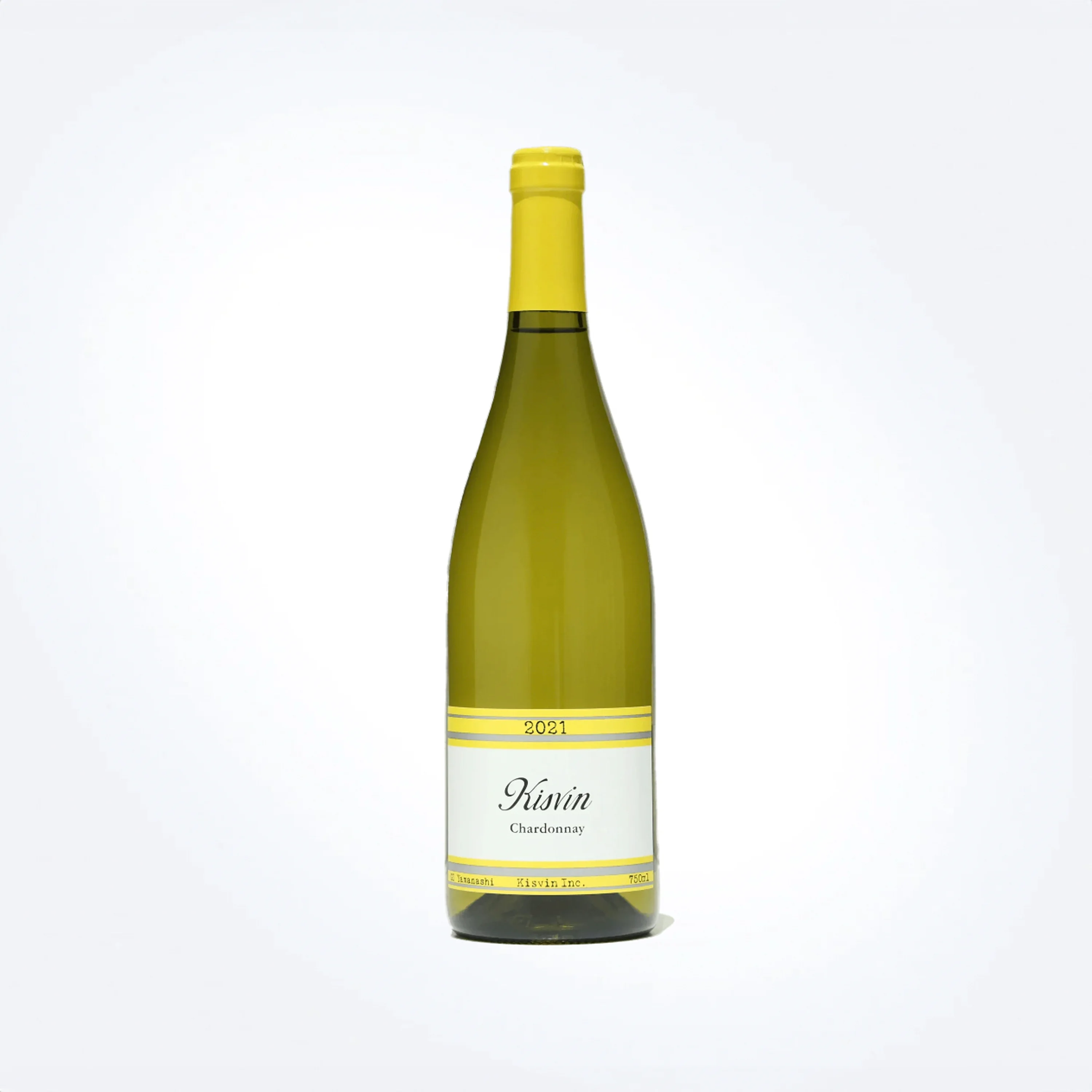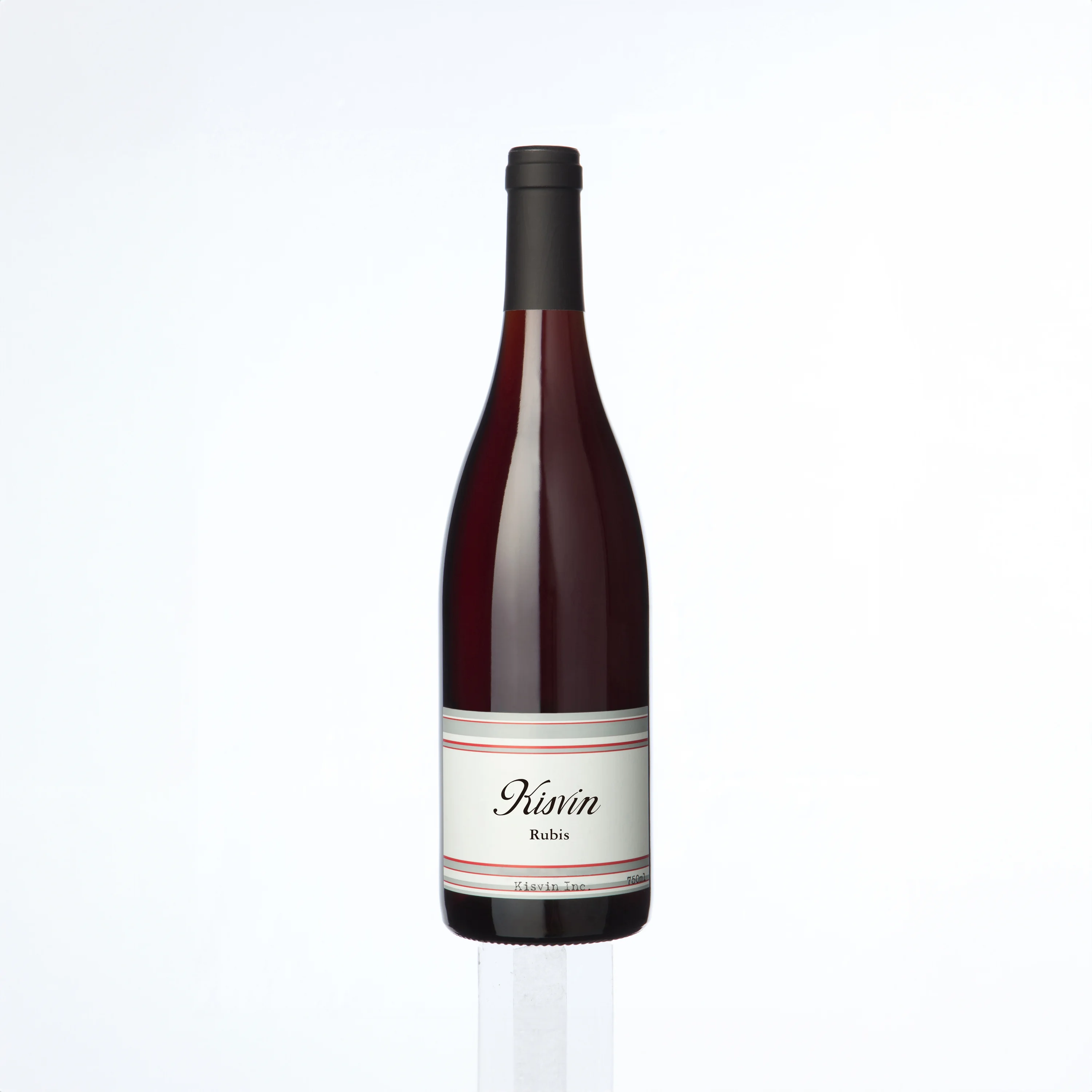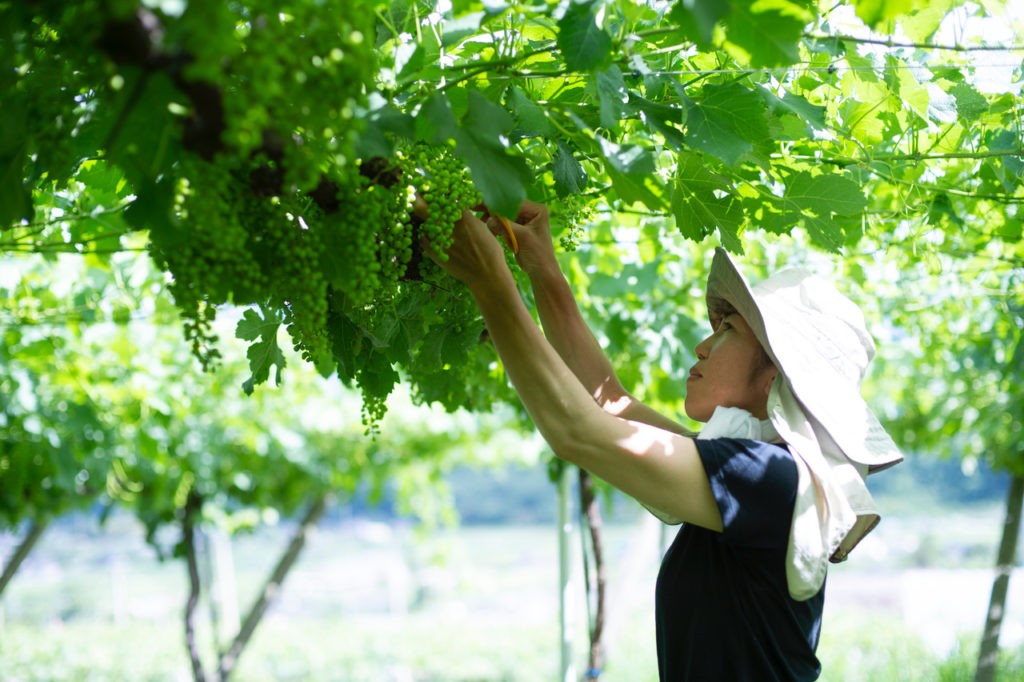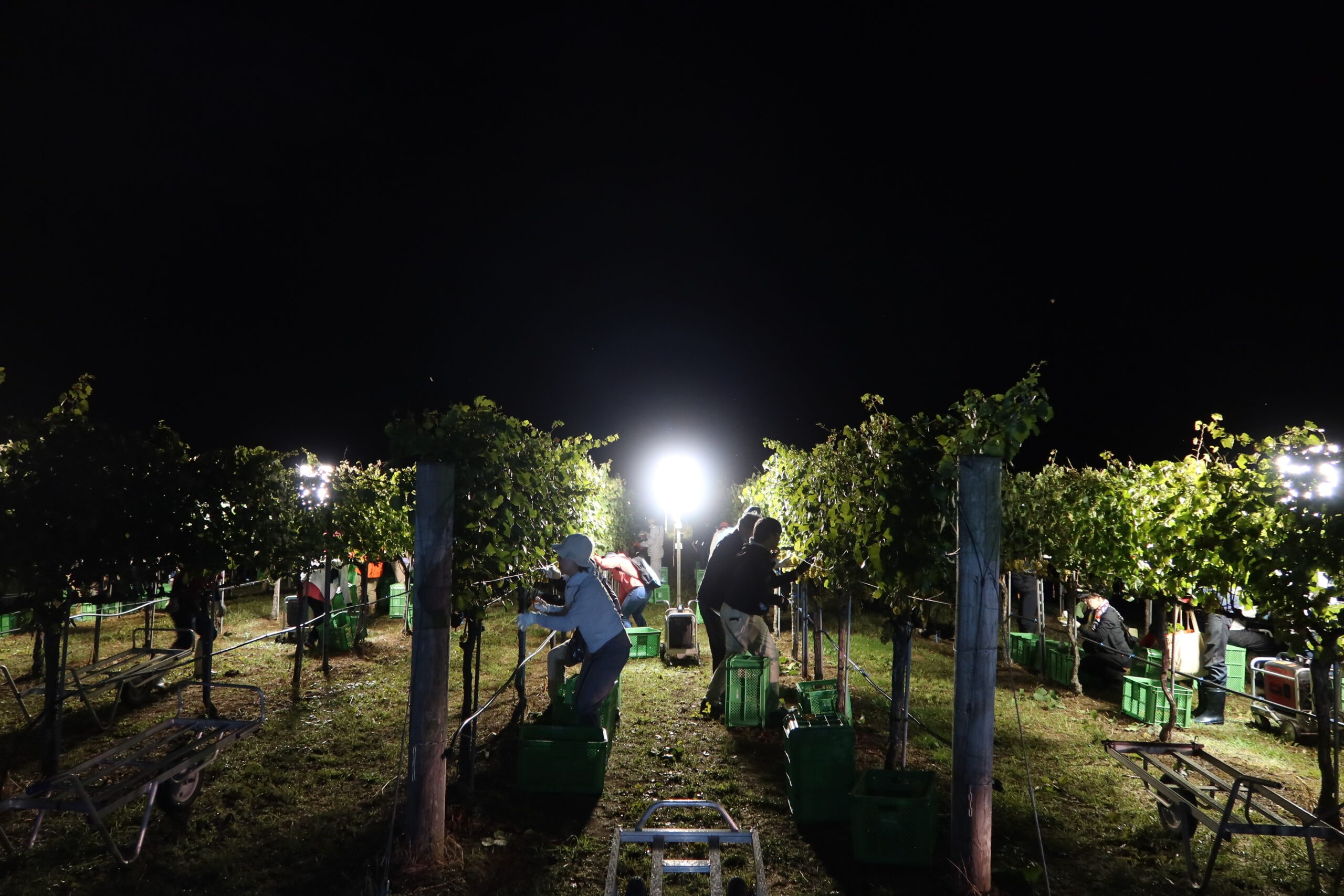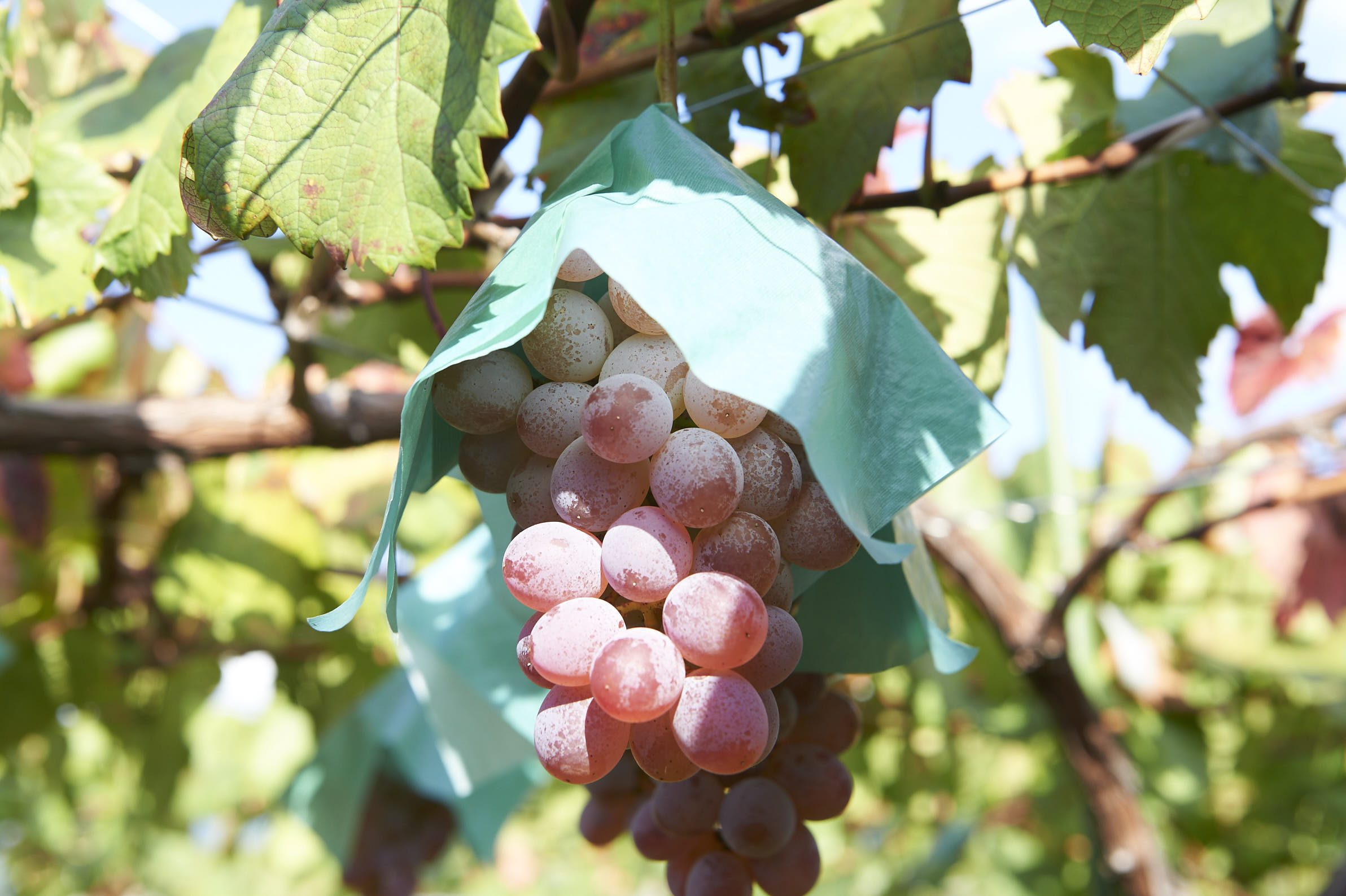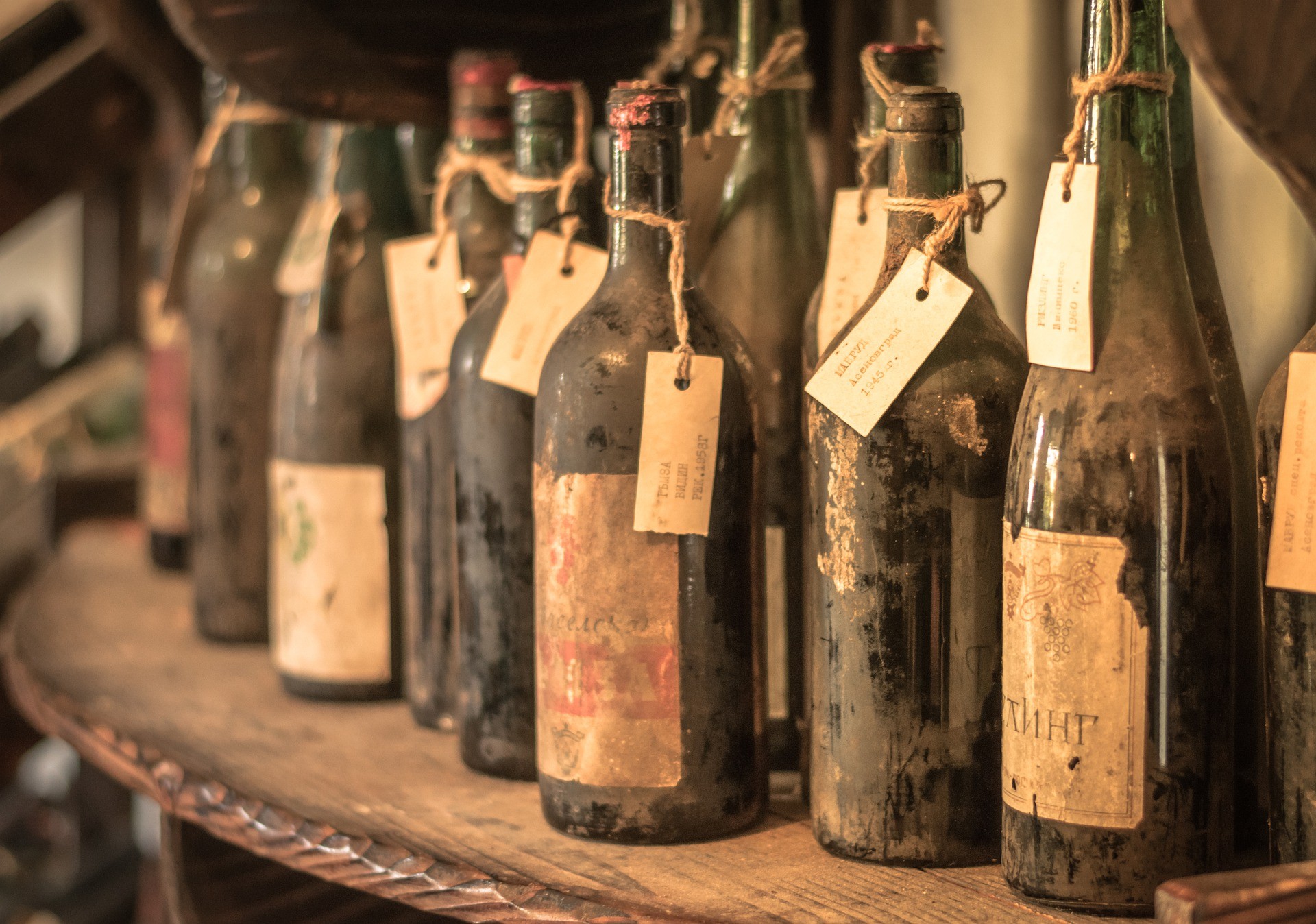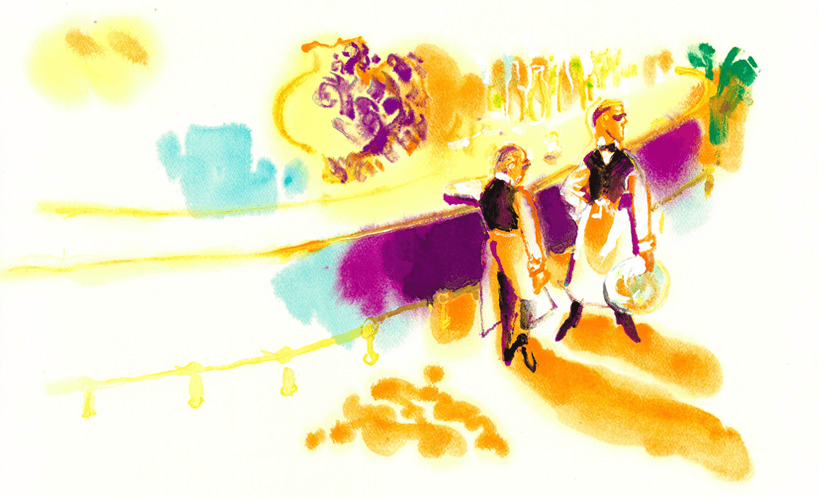A Luxury rare Item following
Japanese Sake and Whisky.
Japanese wine refers to fruit wine made exclusively from domestically grown grapes and manufactured within Japan.
From Hokkaido in the north to Kyushu in the south, a variety of wineries are still now being born, making the Japanese wine scene even more exciting.
The style of Japanese wine is often delicate and gentle, allowing for enjoyable pairing with a wide range of dishes. That's why it's currently attracting attention from chefs and sommeliers worldwide, including those from Michelin-starred restaurants.
The trading company "Wine-L'amo", which is well-versed in Japanese wineries, carefully selects and recommends premium Japanese wines to the world.
We will deliver Japanese wines worth drinking right now to all over the world. Please give it a try!
FEATURES
〜 Personality , Terroir , Grapes , Genesis , Food 〜
01
Sincere and Polite
Personality
The primary reason why Japanese wine is fascinating is due to the people working in wineries.
They select fields by assessing sunlight, diurnal temperature variations, drainage, and wind flow, and have been innovating their cultivation methods through a dialogue with natural conditions. The harvest involves meticulous hand-picking to ensure thorough selection of fruits.
Furthermore, the work in wineries is dedicated to drawing out the full potential of grapes nurtured in the vineyards without compromising their quality.
The sincere and meticulous efforts, as well as the passion of those working in Japanese wineries, will continue to produce intriguing wines that astonish the world.
The unique Terroir
The terroir of Japanese wine is shaped by regional climate, soil, elevation, and factors such as grape cultivation and winemaking techniques.
For example, Yamanashi Prefecture, the oldest wine-producing region in Japan, boasts a combination of warm daytime and cool nighttime climates. This allows grapes to accumulate sufficient sugar levels while maintaining acidity.
Hokkaido, currently gaining attention, is a region with a cold climate and abundant natural resources. It’s cool climate and long hours of sunlight are distinctive, giving grapes grown in this area a unique flavor.
As in the example, Japanese wine also boasts the allure of enjoying the unique characteristics of earth region.
02
03
The one-of-a-kind Grapes.
Among Japanese wines, the varieties considered particularly important are those native to Japan.
The white grape variety Koshu and the black grape variety Muscat Bailey A, which have long been cultivated in Japan, stand out and are actively cultivated throughout the country.
There is a growing number of producers who are not just replicating Western winemaking styles but are also seeking to create wines with unique Japanese flavors and tastes, which has led to a renewed focus on indigenous Japanese grape varieties.
Cultivating varieties that grow easily in Japan's climate, which are comparatively resistant to climate change due to global warming and less prone to diseases, leads to a reduction in the use of pesticides and fungicides.
This has particularly caught the attention of producers aiming to create natural wines.
Time of Genesis
Japanese wine began roughly 140 years ago.
Considering that the earliest recorded wine production dates back to around 5000 BCE, Japan can be regarded as a relatively new wine-producing region on a global scale.
However, in just this short period, Japanese wine has undergone rapid development, and now there are producers who are creating world-quality wines.
Compared to the history of traditional wine-producing regions of the world, it's fair to say that Japanese wine is in its creation phase.
Every year, its flavors evolve remarkably, offering a sense of surprise to enthusiasts.
05
Pairs Well with
a variety of Food
Japanese wines typically have a light and well-balanced flavor profile, which can enhance the taste of dishes. This light and delicate flavor profile makes them highly compatible with a wide range of cuisines.
While Japanese wines often have acidity, this characteristic enhances their compatibility with meals. Acidity can cut through the richness of dishes and act as a palate cleanser.
As a result, Japanese wines pair well not only with Japanese cuisine but also with Western dishes.
In 2020, there was a significant achievement for Japanese wine when Domaine Takahiko's Pinot Noir from Yoichi Town became the first Japanese wine to be chosen as a pairing wine at "noma," the world's top restaurant with two Michelin stars, located in Copenhagen, Denmark.
The excellent compatibility with food suggests that Japanese wine is likely to continue gaining popularity and spreading further into all over the world.
COMPANY
Our Location
ไวน์ญี่ปุ่น 日本ワイン Japanese wine in Thailand




